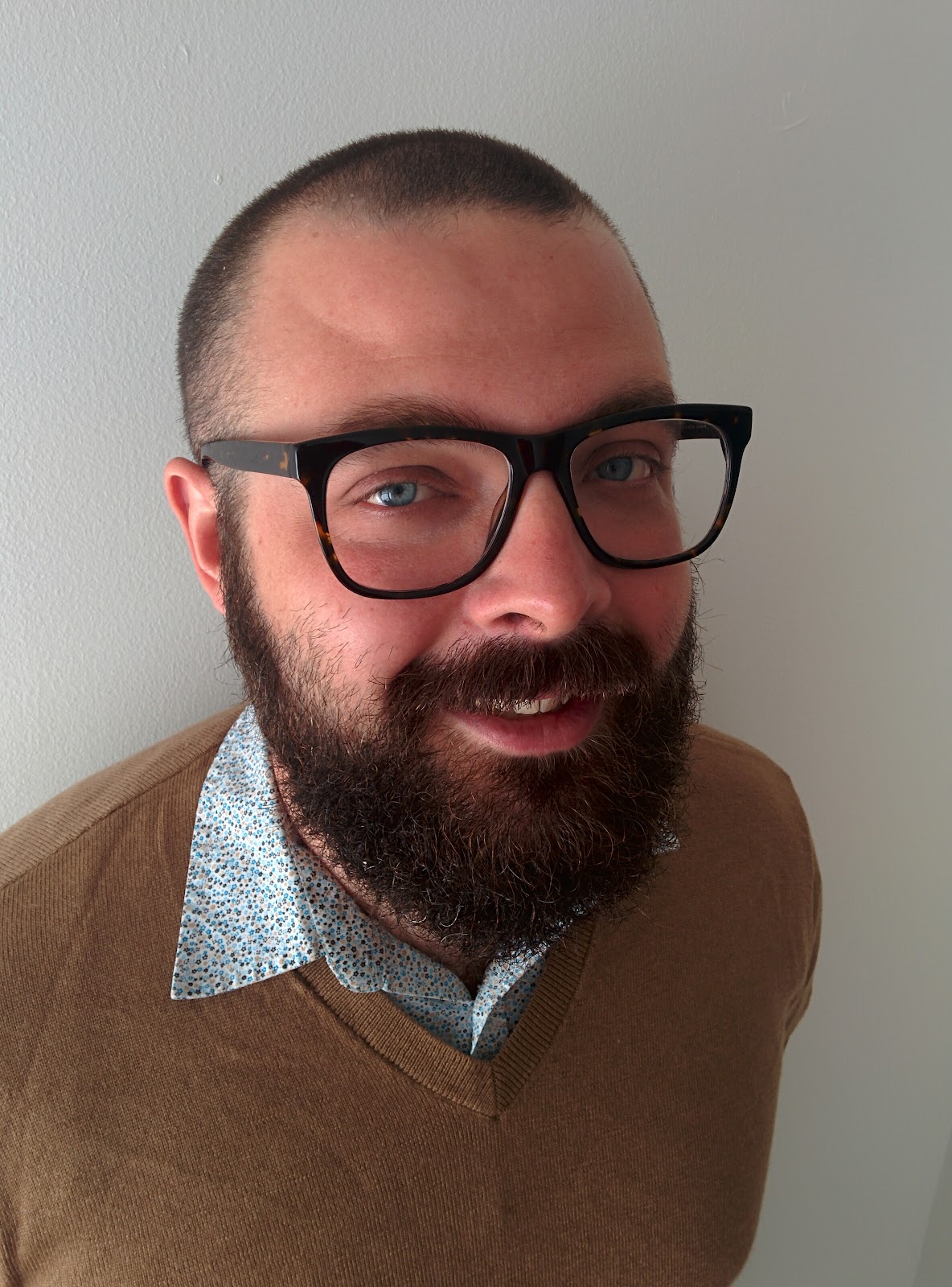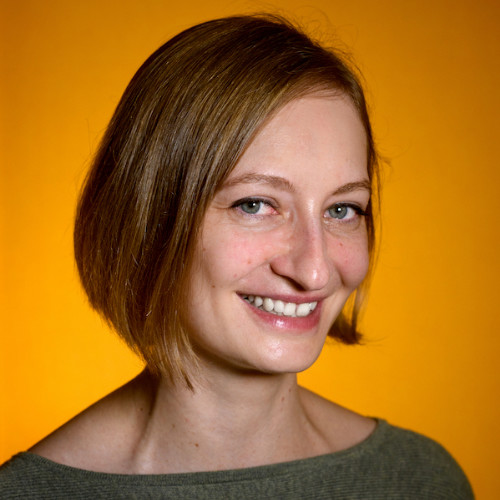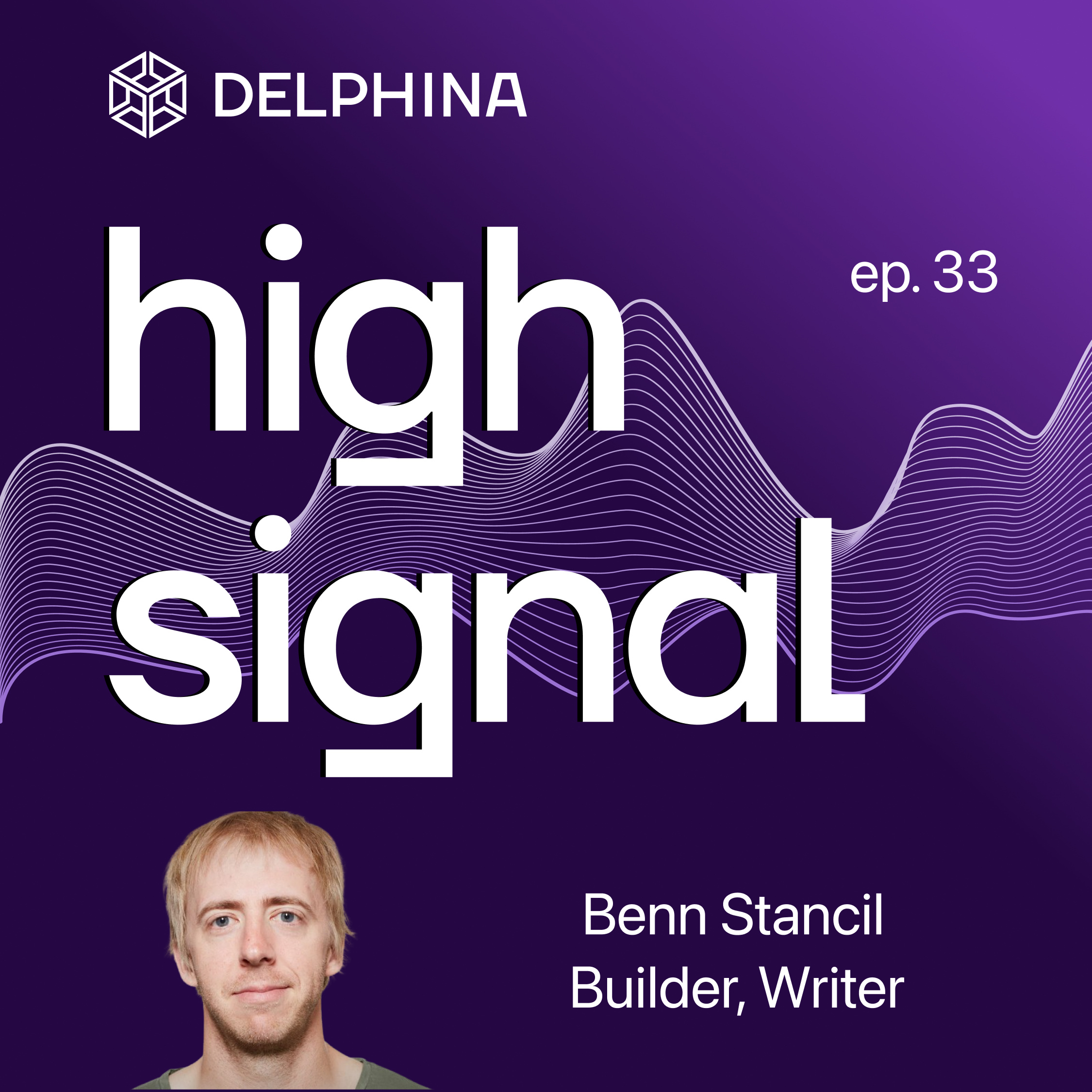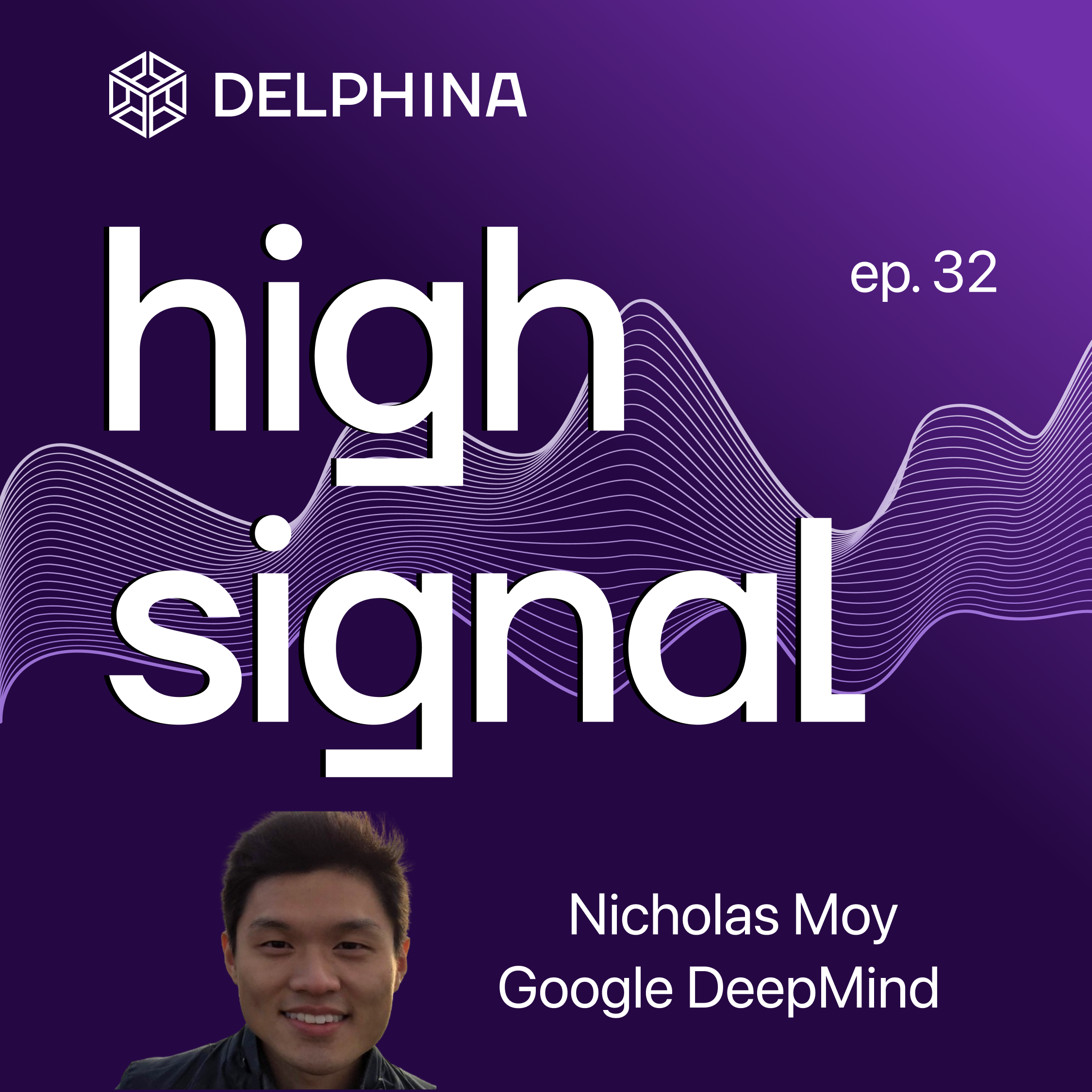Tim O'Reilly on The End of Programming As We Know It

O'Reilly Media
Tim O’Reilly is the Founder and CEO of O’Reilly Media, a company that has shaped the modern tech landscape by publishing books and hosting conferences that champion emerging technologies. Through his early work promoting the internet, Perl, Linux, open source, XML, and web services, Tim and his company helped bring foundational technologies into the mainstream. He’s known for coining influential terms like “Web 2.0” and for his unique ability to identify and amplify the work of forward-thinking technologists—what he calls “watching the alpha geeks.”
Beyond publishing, Tim has expanded into online media, event programming, and early-stage venture investing. He serves on the boards of organizations including Code for America, Maker Media, PeerJ, Popvox, Safari Books Online, and Civis Analytics. Throughout his career, Tim has played a pivotal role in capturing and spreading the knowledge of innovators to help shape the future of technology.




Delphina
Hugo Bowne-Anderson is an independent data and AI consultant with extensive experience in the tech industry. He is the host of the industry podcast Vanishing Gradients, a podcast exploring developments in data science and AI. Previously, Hugo served as Head of Developer Relations at Outerbounds and held roles at Coiled and DataCamp, where his work in data science education reached over 3 million learners. He has taught at Yale University, Cold Spring Harbor Laboratory, and conferences like SciPy and PyCon, and is a passionate advocate for democratizing data skills and open-source tools.
Key Quotes
Key Takeaways
📚 Programming isn’t ending—it’s evolving.
Tim compares today’s AI-driven shift to past revolutions like compilers and interpreters. Each abstraction layer widened access and creativity. AI is the latest layer—expanding who can build, not eliminating the need to build.
🔧 AI makes more things buildable by more people.
From high schoolers prototyping medical tools to solo creators making films, Tim emphasizes that democratization—not displacement—is the dominant trend.
🕸 The real breakthroughs won’t come from the center.
Just like Google wasn’t AOL and Amazon wasn’t Barnes & Noble, the next AI era will be shaped by decentralized players. Tim points to efforts like DeepSeek as early signals of where true innovation is happening.
🏗 We need a new architecture of participation.
Inspired by UNIX and the open web, Tim calls for a modular, interoperable AI ecosystem—an “architecture of participation” where AIs cooperate, negotiate, and share knowledge, rather than compete behind closed APIs.
🛠 The future of software engineering is systems thinking.
LLMs won’t erase the need for engineering—they’ll change the job. From “vibe-driven coding” to debugging AI agents, tomorrow’s engineers will orchestrate systems, define interfaces, and evaluate outcomes.
📊 Organizations must become learning machines.
Ambient learning isn’t optional. Tim urges teams to share what’s working, experiment in public, and treat learning as a continuous strategic asset—not an afterthought.
🧭 Think in vectors, not snapshots.
Use directional trends to shape strategy—watch for acceleration, not just dominance. Tim urges leaders to track where things are going, not just where they are.
You can read the full transcript here.
00:00 The Evolution of Programming: From Compilers to AI
01:49 Introducing Tim O'Reilly: A Visionary in Technology
02:19 AI's Impact on Programming and Development
07:15 The Democratization of Technology and Creativity
15:02 The Future of AI and Decentralization
26:48 The Changing Landscape of Software Development
39:40 The Commoditization of Power and Recycled Intelligence
40:11 The Evolution of O'Reilly and Education
41:07 Teaching Generative AI and Overcoming Learning Hurdles
42:18 The Unix Experience and Learning by Doing
43:41 AI as a Tool for Non-Programmers
45:25 The Fragility of Software and Technical Debt
46:40 The Importance of Passion Projects in Learning
48:36 Organizing Time for Learning in Chaotic Environments
53:34 The Future of AI: Decentralization and Architecture of Participation
01:02:26 AI Governance and Communication Protocols
01:05:00 The Role of Cloud Infrastructure in AI Safety
01:17:40 The Future of Jobs in an AI-Driven World
01:21:43 Final Thoughts and Practical Advice
Links From The Show
Transcript
In the spotlight: Our most popular episodes
Listen up: Our latest discussions
Hear the hottest takes on data science and AI.
Get the latest episodes in your inbox
Never miss an episode of High Signal by signing up for the Delphina newsletter.


.svg)

.png)




.png)
.png)
